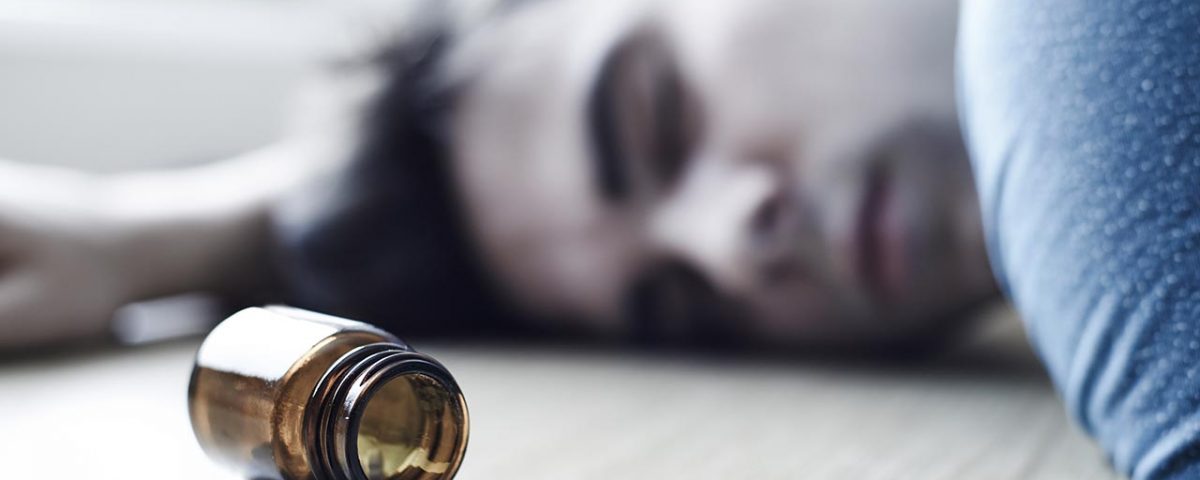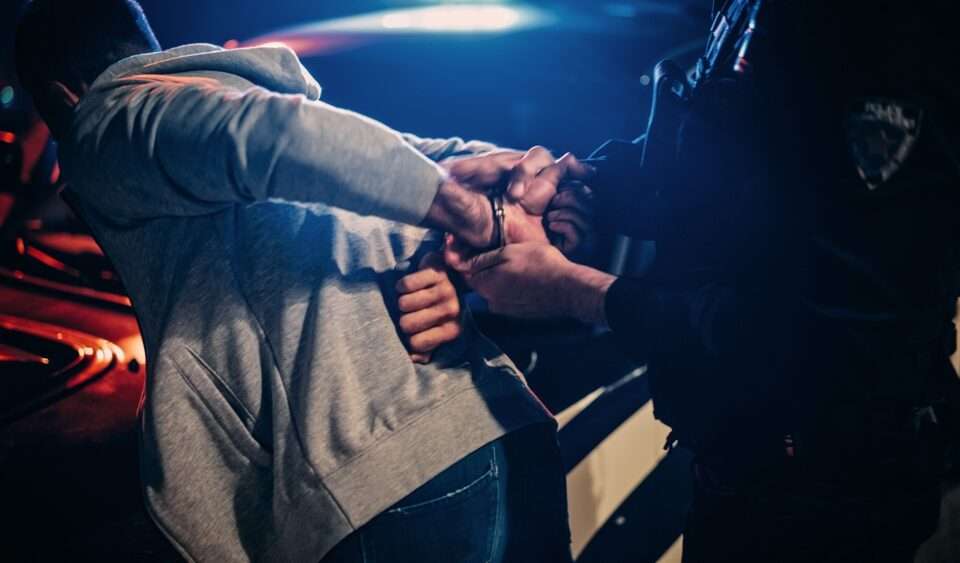Benzodiazepine Overdose Symptoms & When to Get Help
If you believe someone has overdosed on drugs or is showing signs of medical distress, call 911 immediately.
Benzodiazepines, also called benzos, are a series of medications that depress the central nervous system and slow down the body.
Benzodiazepines typically come in pill form and are prescribed by doctors to treat sleep disorders, anxiety, and alcohol withdrawal as well as relax muscles and prevent seizures. Although they have valid medical purposes, these medications are not always used as prescribed. Some people will abuse benzodiazepines like Xanax and Valium for their calming effects. Unfortunately, benzodiazepines are addictive and can also lead to overdose when taken in large doses at one time. If you or someone you care about has become addicted to these medications, a medical detox and treatment program could save your life or theirs.
Benzodiazepine Toxicity
Signs of benzodiazepine toxicity can vary, but it is dangerous and can be life-threatening. It can happen to both first-time users as well as experienced users. When people become dependent on benzos, they need to take more to feel the same effects. Because of this developed tolerance as well as their frequent use of these drugs, their risk of overdose increases. Over 10,700 Americans died of benzodiazepine overdose in 2018.1 Benzodiazepines sold on the street may also be laced with other harmful and powerful drugs, or vice versa, that could lead to accidental overdose. The number of overdose deaths involving both opioids and benzodiazepines peaked in 2017 at around 10,000.1Benzodiazepine Overdose Signs and Symptoms
While benzo overdose symptoms can vary from individual to individual, there are some similarities when benzodiazepines are taken alone.Some common benzodiazepine overdose symptoms from benzos taken alone include:
- Slurred speech
- Poor coordination & balance
- Altered mental state2
Unlike some other drugs that are frequently abused, people showing benzodiazepine overdose symptoms may also have normal vital signs if the benzos were taken alone and are not interacting with other drugs or alcohol in their system.2
When combined with other substances, which is common, the effects will change and may be more severe. Especially if taken with opioids, the overdose symptoms may include:
- Slow or shallow breathing
- Bluish lips or skin
- Stupor
- Coma2
What to Do About a Benzo Overdose
If someone is showing signs of benzodiazepine overdose, get them immediate medical attention. Especially if you believe there are several different drugs in their system, this scenario could be life-threatening. If they are struggling to breathe or remain conscious, turn them on their side and try to keep them talking while you wait for help.After an overdose, it is important that the individual undergoes benzo detox and treatment in a rehab facility. Getting sober and stopping the abuse of these drugs as well as any others will keep them from overdosing again and could save their life. They may also be able avoid other serious long-term health problems.
If you or someone you loved has a drug or alcohol problem, our many addiction services in Boca could help. Many people mistakenly believe that an overdose could never happen to them, but unfortunately, this is not the case. Addiction of any kind can have serious consequences to a person’s physical and mental health, so it should not be taken lightly.
To learn more about our facility at Banyan Boca as well as our various programs, do not hesitate to reach out to us today at 888-280-4763.
Sources:
- NIH - Overdose Death Rates
- NCBI - Benzodiazepine Toxicity




















